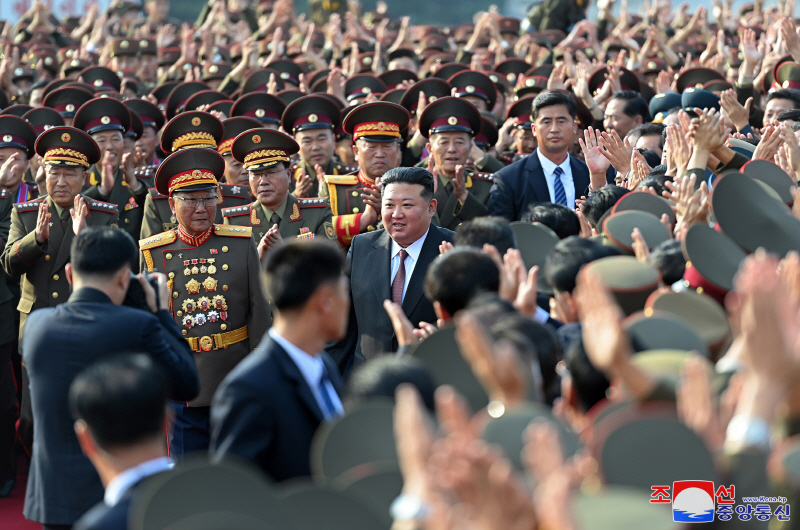At a recent forum, North Korean defector diplomats suggested that North Korea may have failed to secure public understanding regarding the country’s constitutional amendments, particularly those related to the previously declared “hostile two-state” doctrine.
The forum, titled “The August 15th Unification Doctrine vs. Two-State Theory as Seen by North Korean Defector Diplomats,” was held at the President Hotel in Seoul on October 10, organized by the National Unification Advisory Council. Among the attendees were Thae Yong-ho, Secretary-General of the Council, and Ri Il-gyu, a former counselor at North Korea’s embassy in Cuba.
Thae pointed out that despite the Workers’ Party of Korea convening the Supreme People’s Assembly on September 7-8 to amend the constitution, there was no disclosure on whether controversial terms like “peaceful unification” had been removed, a subject that had garnered significant external attention. He remarked, “It seems that North Korean authorities have not succeeded in securing the understanding of their people.”

Thae further explained, “Typically, when North Korea announces new policies, officials and citizens actively promote them in state media. After that, the Rodong Sinmun publishes editorials justifying the policies. However, to date, not a single official or citizen has publicly supported the ‘hostile two-state’ theory in the media.”
He added, “It appears that Kim Jong-un’s efforts to push through these changes have hit a roadblock. Even if constitutional amendments were made during the recent Supreme People’s Assembly, it seems the regime has not yet gained the public’s understanding. They may be taking administrative measures first to reduce internal confusion before fully implementing the constitutional changes.”
A spokesperson for the South Korean presidential office also commented on the amendments, stating on October 10, “It seems that the changes made were far more modest than expected.”
The official added, “This single outcome doesn’t mean it’s over. For North Korea, announcing significant changes requires follow-up actions and responsibility, but it seems they were not prepared for the chain reactions that could follow.”
North Korea held its Supreme People’s Assembly on September 7-8 to amend parts of its socialist constitution, but it has not yet revealed whether Kim Jong-un’s directives from January—such as the inclusion of a territorial clause or the removal of unification terminology—were implemented.
Meanwhile, former North Korean diplomat, Ri Il-gyu, who previously served at the North Korean Embassy in Cuba, stated, “Trust in the North Korean regime from South Korea and the international community has been completely shattered. However, the reason dialogue remains necessary is that it is the only path through which South Korea can safeguard its security and citizens while achieving peaceful reunification.”
He further emphasized, “It is a demonstration to the international community of the South Korean government’s firm commitment to achieving peaceful reunification.”
BY YOUNGNAM KIM [kim.youngnam@koreadaily.com]




